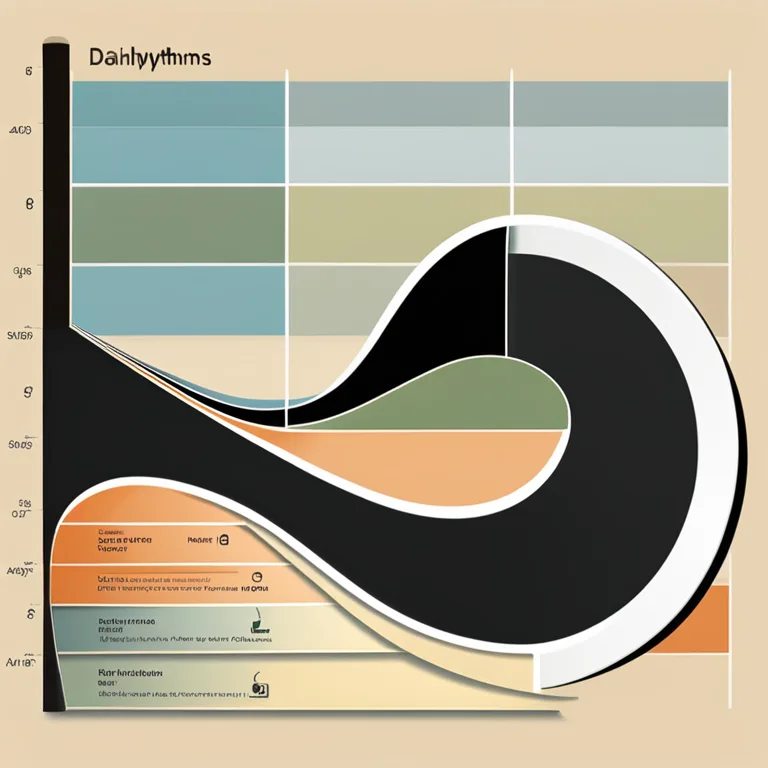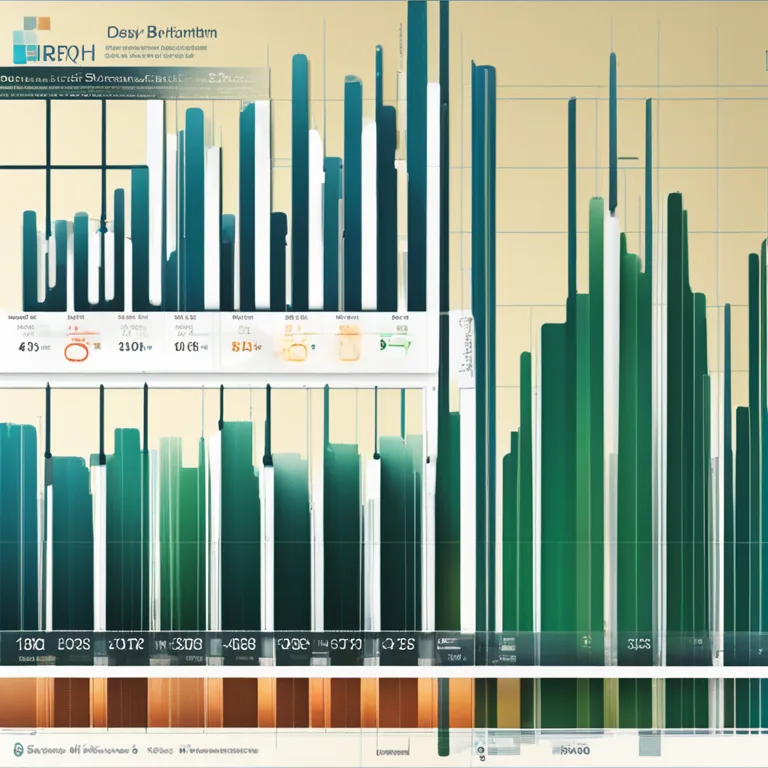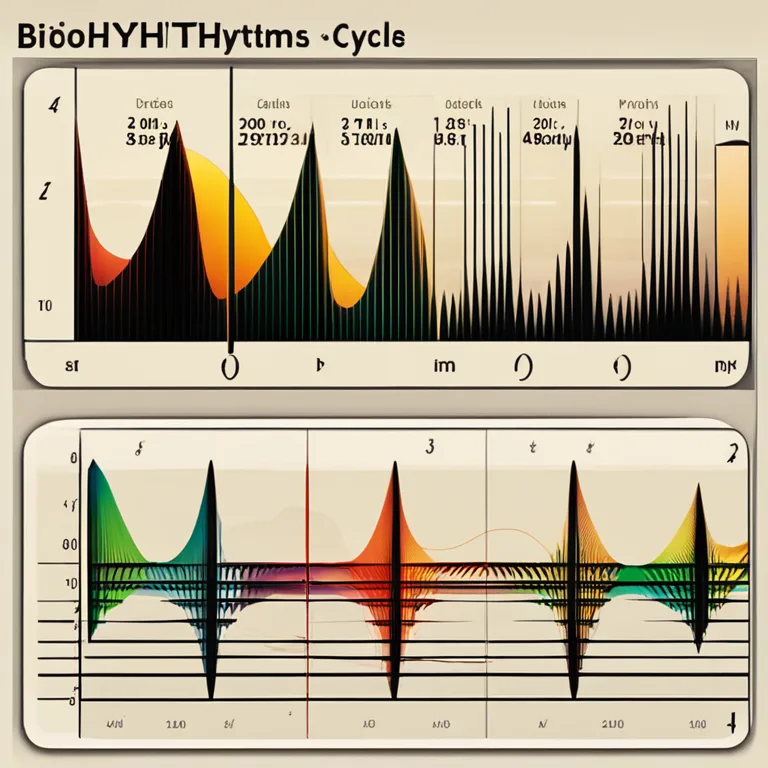
The Rhythms of Life: A Guide to Biorhythms
Dive into the concept of biorhythms and learn their significance in predicting life's ebbs and flows.
article by Adrian Wallace
Introduction to Biorhythms
Biorhythms are a fascinating and complex concept believed to predict various cycles in human life. This idea stems from the notion that our lives are influenced by rhythmic biological cycles that affect our physical, emotional, and intellectual capabilities. While the scientific community remains divided on their empirical validity, the interest in biorhythms has persisted, with proponents advocating for their potential to improve personal well-being and everyday decision-making. As we step into the era beyond 2024, the dialogue surrounding holistic health increasingly includes discussions about recognizing and aligning with our inherent biological rhythms.

The Three Biorhythm Cycles
The biorhythm theory identifies three primary cycles: the physical, emotional, and intellectual. These cycles begin at birth and are said to oscillate in distinct patterns throughout one's life. The physical cycle, lasting 23 days, influences vitality, strength, and overall wellness. The emotional cycle, with a 28-day duration, affects our moods, feelings, and sensitivity, while the intellectual cycle spans 33 days and governs cognitive functions, alertness, and logical reasoning. By monitoring these cycles, some believe that individuals can anticipate their peak performance periods and be cautious during days of potential vulnerability.

Biorhythms and Daily Life
Biorhythm followers assert that awareness of one's cycles can be immensely beneficial in daily life. For example, if one's physical biorhythm is high, it might be an optimal time to engage in physically demanding activities. Conversely, a low emotional biorhythm could suggest a need for self-care and avoiding situations that may require high emotional investment. Identifying personal patterns can lead to an improved understanding of our body's natural ebb and flow, allowing for better life navigation and decision-making.

Modern Biorhythm Applications
Technology has introduced innovative ways to track and analyze biorhythms. With sophisticated algorithms and data analysis in apps and online platforms, individuals can now easily chart their personal biorhythms. These digital advancements, pertinent from 2024 onwards, promise more accuracy and customized insights than ever before. As users feed in their data over time, the predictive capabilities of biorhythm software may enhance, potentially offering a unique and personalized roadmap to one's physiological and psychological landscape.

Critique and Acceptance
Despite ongoing interest, the scientific basis of biorhythms is often contested. Critics argue that the theory lacks rigorous scientific evidence and warn against over-reliance on these cycles for significant life decisions. Conversely, many people continue to engage with biorhythms as part of a broader approach to complementary and alternative medicine and self-awareness practices. As the wellness industry progresses, the concept of biorhythms maintains its allure, prompting further exploration and dialogue within both skeptical and supportive communities.
Final Thoughts
Biorhythms' place within the spectrum of self-awareness tools is a personal consideration that varies from individual to individual. Whether one views them as a powerful guide for timing life's activities or as a simple curiosity, the concept of biorhythms encourages a reflective look into our intrinsic patterns. As with any holistic practice, those interested in biorhythms are advised to balance such insights with personal intuition and the vast array of knowledge available in our ever-evolving understanding of human well-being.
Published: 12/28/2023
Modified: 12/28/2023
More predictions
Come back here soon to learn more about yourself and your future


Exploring Human Biorhythmic Cycles
Explore the fascinating concept of biorhythms and their influence on physical, emotional, and intellectual faculties in humans.


The Reality Of Biorhythm Compatibility
Unravel the truth behind biorhythm compatibility and its role in personal relationships and daily life.


Biorhythm Theory: Fact Or Fallacy?
Explore the fascinating concept of biorhythms to discern if there's any scientific accuracy behind this popular belief.